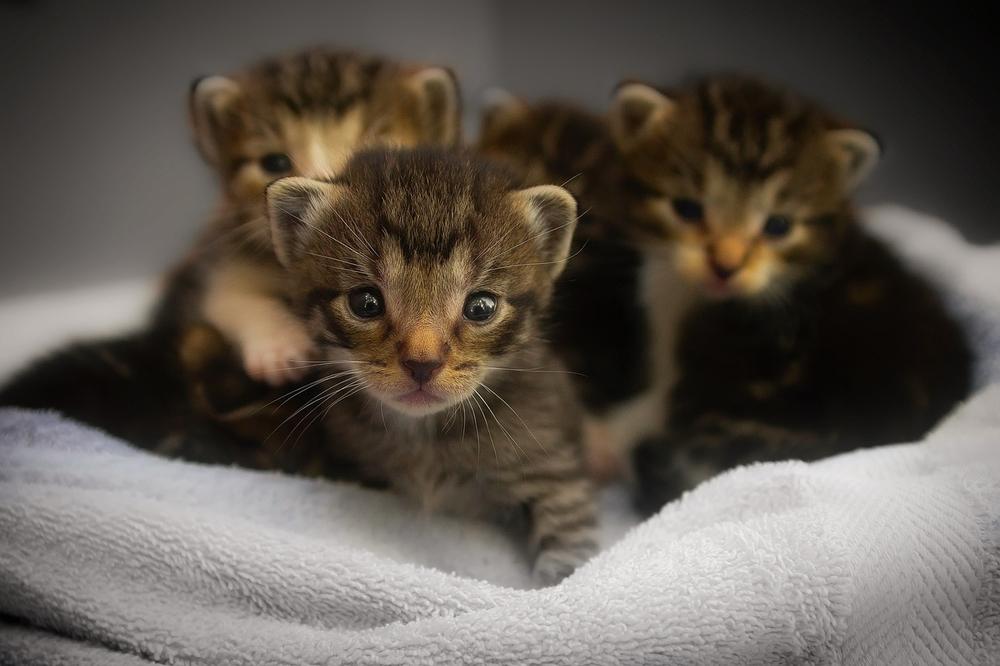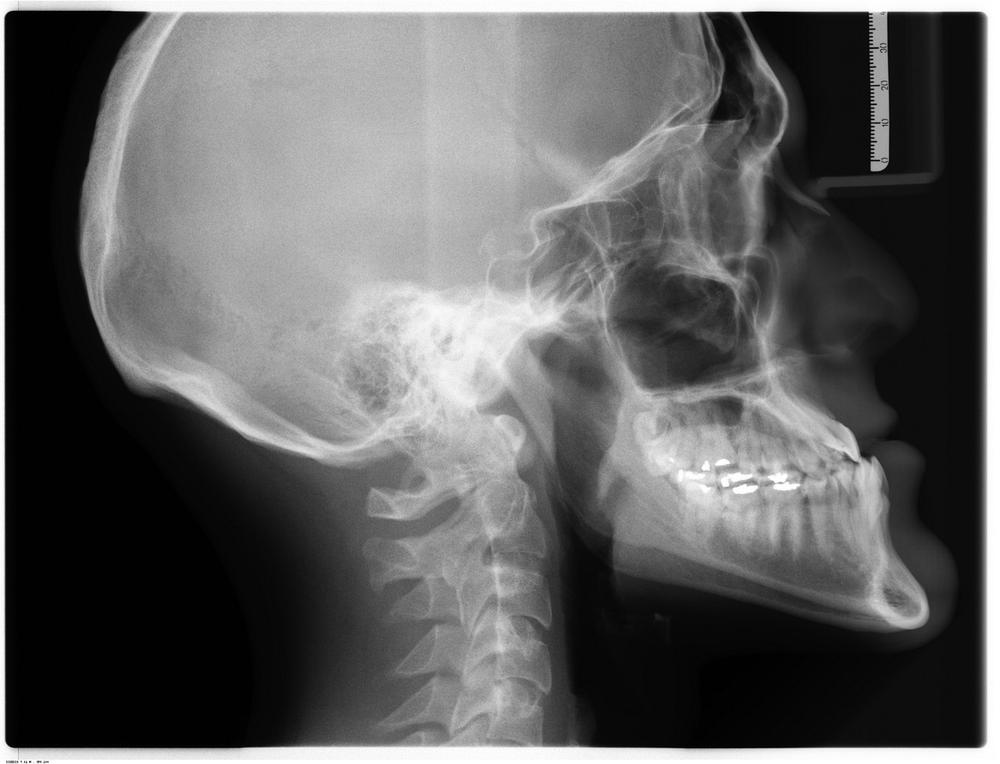How Much Does a Cat X-Ray Cost? (Detailed Answer)

Visualize this:
You're cuddled up on the couch with your furry feline, when suddenly she starts acting strange.
Panic sets in, right? 😱
You're worried sick about her health.
But hey, let's not jump to conclusions just yet.
Let's find out how much does a cat X ray cost.
Let's begin.
Factors Affecting Average Cost of Vet X-Rays
Factors that influence the cost of vet X-rays
Let's talk about what affects how much you'll pay for your pet's X-rays at the vet.
1. Different vets charge different prices
When it comes to pricing, veterinary clinics are not all the same. Prices can vary based on their reputation, expertise, and overhead costs. So when looking for the best value for your money, ensure you compare prices from different clinics in your area.
2. The type and number of X-rays needed
The cost of your pet's X-rays will also depend on which parts of their body need to be examined.
If it's just one limb, the price will likely be lower compared to a full-body X-ray or CT scan.
PLEASE bear in mind that taking multiple pictures or having difficulties capturing the images may come with additional charges.
3. The technology used
The type of X-ray procedure can impact the all in all cost as well.
Traditional X-ray films tend to be pricier than digital X-rays, which are often a more affordable alternative.

Talk to your vet to determine which option is most suitable for your pet.
Estimating the cost of your cat's X-rays requires considering all these variables.
It's not only about the procedure itself but also any necessary follow-up treatments.
Providing the best care for your cat means putting their health first.
Accurate diagnostic information plays a vital role in achieving this goal.
Main points I'll expand upon further down this article:
- X-rays for cats may require sedation or anesthesia, adding to the cost.
- Check if your pet insurance covers the cost of X-rays.
- Dental X-rays and onsite laboratory testing may incur extra charges.
- Additional treatment expenses may arise after the X-ray procedure.
- The cost of a series of 2-3 X-rays ranges from $100-300.
- Emergency clinics may charge up to $400 or more for X-rays.
- X-rays are essential for diagnosing injuries, broken bones, and internal issues.
- X-rays can detect various conditions, including cancer and organ dysfunction.
- Dental radiographs are important for evaluating tooth health.
- Don't skip X-rays as they play a crucial role in detecting health issues.
And now that we've discussed the factors affecting the cost of vet X-rays, let's explore the importance of early detection through X-rays for our feline friends...
When Should a Cat Get an X-Ray?
The timing for getting an x-ray for your cat depends on their specific circumstances. Early detection is crucial to prevent complications or disease progression. Consult your veterinarian, who will evaluate clinical signs, symptoms, and medical history before recommending an x-ray.
The timing for getting your cat an x-ray really depends on their specific circumstances.
Now, early detection is crucial because it can help prevent more complications or the progression of diseases in cats...
And yes, that includes your fur baby!
When it comes to x-rays, they aren't painful or harmful. However, some situations may call for sedation or pain medication.
For instance, if your cat has bladder stones or broken bones...more frequent x-rays might be needed.
But don't worry, these procedures are done just to ensure your cat gets the treatment they need.
But you know what?

Your vet is the best person who can determine when your cat needs an x-ray.
They have the experience and expertise to make the right call.
They will evaluate factors like clinical signs, symptoms, medical history, and any previous diagnostic results, before recommending an x-ray.
Remember - only trust a professional.
If you ever have doubts or concerns about whether an x-ray is needed for your cat, consult your veterinarian.
They've got your cat's back!
And with that being said, here's a final nugget of wisdom - early intervention leads to better outcomes.
So, keep an eye out for any warning signs and visit your vet promptly.
Does My Pet Insurance Cover X-Rays?
Does My Pet Insurance Cover X-Rays?
When it comes to pet insurance coverage for X-rays, here's what you need to know:
- Variance in coverage: It's important to carefully review your policy details since coverage can vary among pet insurance providers.
- Depends on the policy: Coverage for X-rays is usually included in plans that offer protection for accidents, injuries, and illnesses.
- Reimbursement options: Depending on your policy, coverage for X-rays can reimburse a portion or the entire cost.
- Extended coverage: Some policies even include coverage for digital diagnostics and emergency clinics.
- Coverage percentage: Generally, pet insurance companies will cover up to 90% of the expenses for X-rays and other diagnostic tools.
- Monthly payments: The cost of pet insurance varies ranging from $10 to $100 per month, with higher premiums providing more comprehensive coverage.
- Financial relief: Having pet insurance significantly alleviates the financial burden of X-rays and other veterinary visits.
By comprehending the specifics of your pet insurance agreement, you can guarantee sufficient coverage for X-rays and other healthcare costs associated with your beloved animal companion. ✅

And if you're wondering how to keep your furry friend flea-free, I've got you covered! In my article Can You Shave a Cat to Get Rid of Fleas, I delve into whether shaving your cat can be an effective solution.
Find out more about this intriguing topic and discover whether it's a viable option for addressing your cat's flea problem.
Trust me, you won't want to miss it!
What Other Costs Should I Expect?
When it comes to X-ray costs for your cat, here's what you should know:
- Dental X-rays: They can cost anywhere from $75 to $150, or even up to $250 depending on where you live. You should check different vet facilities to find the best price. Your cat's dental health is important, so it might be worth the cost. 😺
- Onsite lab tests and scans: Some animal clinics have their own labs for tests and scans. It might add extra expenses, but it saves time and gets accurate results.
- Treatment after X-ray: Your cat may need further treatment like medication, surgery, or other procedures after getting X-rays. The cost depends on the specific treatment required.
- Discounts on additional X-rays: There are clinics that offer discounts if your cat needs multiple X-rays. It's worth asking about this possibility to reduce costs.
But remember, most vet clinics charge an office visit fee despite any potential discounts.
The fee usually ranges from $40 to $150 and covers the vet's time and expertise during your visit.
To avoid surprises, it's always a good idea to talk to your vet about all potential costs in advance.
That way, you can plan and budget accordingly.
No beating around the bush: The cost of x-rays for your cat is just one piece of the puzzle. but don't worry, further down the blog post, I will explain how x-rays can help your feline friend. Keep reading to find out!
And now, let's delve into why emergency clinic fees for X-rays tend to be higher than those of regular veterinary hospitals...
Warning: Emergency Cat X-Rays Cost More
Emergency cat x-rays?
Get ready to pay a little more, my friend.
Let me break it down for you...
Both regular veterinary hospitals and emergency clinics offer x-ray services for your furry friend, but there's a difference in their prices.
You see, emergency clinic fees are usually higher than those of regular vet hospitals.
And here's why, my friend...
Emergency clinics are open 24/7, meaning they require more staff and resources to provide constant care for cats in urgent situations.
Unfortunately, these expenses can affect your wallet too.

But here's the important part, my buddy...
The cost of cat x-rays can vary depending on where you go.
If you need a series of 2-3 x-rays, be prepared to spend around $100-300.
That's quite a hit, right?
However, in those dreaded emergency scenarios, the cost might even go up.
Emergency clinics could charge up to $400 or gulp even $500 for x-rays!
So, while emergency clinics offer the convenience of being available 24 hours a day, please keep in mind that this also means higher costs.
Let's get ready, my friend!
The actual cost could surpass the estimated $250.
Stay prepared.
The Benefits of X-Rays for My Cat
X-rays provide valuable insights into your cat's health by revealing hidden conditions such as broken bones, organ dysfunction, tumors, and bladder stones. They are particularly useful for diagnosing heart disease, pneumonia, intestinal obstructions, arthritis, and certain types of cancer, potentially saving you money in the long run.
X-rays give you some incredible insights into your cat's health.
Just imagine it. These little machines have the ability to peer inside your cat's body, revealing secrets that are hidden from plain sight.
They're like superheroes with x-ray vision!
Veterinarians use x-rays all the time to diagnose injuries and broken bones, and even when our furry friends swallow something they shouldn't have.
But it doesn't stop there. X-rays can also uncover organ dysfunction, tumors, cysts, kidney stones, and other masses that might be causing trouble for your cat.
In essence, these magical pictures enable us to see things we couldn't otherwise see with our own eyes.
And believe me, there's a lot we can't see!
When it comes to cats, x-rays are particularly useful in diagnosing conditions like heart disease, pneumonia, intestinal obstructions, bladder stones, arthritis, and certain types of cancer.
They're especially handy when barium is used to outline the gastrointestinal structures, revealing any tumors, foreign bodies, or ulcerations lurking within.
Wait, wait!
Let's not forget about dental x-rays!
Those babies are crucial for evaluating your cat's tooth roots and the tissue below the gum line, where things can get pretty nasty.
By capturing these black-and-white images with radiation, x-rays can detect problems early on, potentially saving you a significant amount of money in the long run.
So, if your vet recommends an x-ray for your cat, don't freak out!
They simply want as much information as possible to make the best treatment decisions for your feline companion.
The Importance of Your Cat's Health
The long-term impact on healthcare costs can be greatly reduced by investing in preventive measures - don't skip your cat's X-ray. These X-rays are vital for detecting potential health issues and should not be overlooked, despite the slightly higher expense.
In the pursuit of your cat's in essence wellbeing, it's absolutely worth prioritizing these screenings.
When you choose to invest in your beloved feline companion's health, you're making a wise decision that will benefit both them and your wallet in the long run.
So, don't hesitate - schedule that X-ray appointment today and prioritize their quality of life.
And that wraps up today's article.
If you wish to read more of my useful articles, I recommend you check out some of these: Why Is My Cats Nose Crusty and Black, Can Cats Drink Green Tea, Should I Change the Bedding After Cat Gives Birth, Can a Spayed Cat Nurse Kittens, and Why Does My Cat Have a Saggy Belly After Being Spayed
Talk soon,
-Sarah Davis